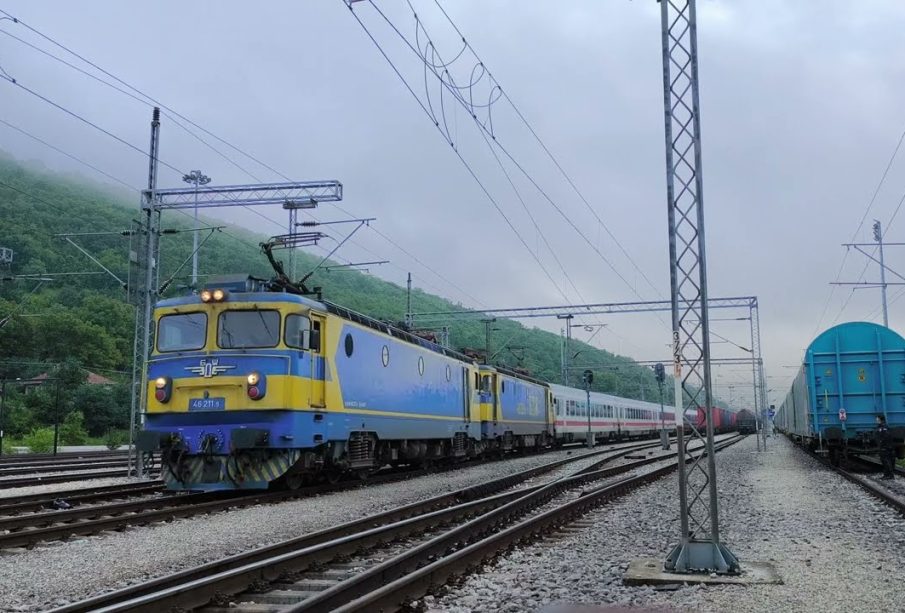Bulgaria in 2025: Between Political Turmoil and Economic Transformation

Political Instability and Economic Challenges
Bulgaria, an EU and NATO member, continues to experience significant political turmoil, having held its seventh parliamentary election since April 2021, with the possibility of an eighth election looming in spring 2025.
This ongoing political crisis is particularly challenging as Bulgaria prepares to become a full member of the Schengen area, making the country increasingly vulnerable to external influences, especially amid volatile geopolitical shifts.
Economic Outlook and Euro Adoption
In a significant development, after eighteen years of EU membership, Bulgaria has received clearance from EU finance ministers to adopt the euro currency in January 2026. However, this move has sparked controversy, with thousands of Bulgarians protesting against joining the eurozone.
The economic forecast for 2025 indicates a GDP growth slowdown to 2%, with private consumption expected to grow more moderately due to higher inflation and precautionary savings. The country’s export outlook has been revised downwards, reflecting subdued external demand and increased competition in external markets.
Current Challenges and Future Prospects
The economic outlook for 2025 faces several challenges, including increased indirect taxes, higher prices for electricity, utilities and food, and hikes in international tariffs. The beginning of 2025 has already seen price increases due to restored higher VAT rates on bread and restaurants, increased excise duties on tobacco, and rising utility costs.
The labour market remains relatively stable, with unemployment at around 4%. However, wage moderation in the private sector is expected to continue, with limited job losses anticipated due to the worsening economic environment and the need to maintain competitiveness.
Cultural and International Relations
Despite political challenges, Bulgaria maintains a vibrant cultural scene, with upcoming events including the International Biennale of Glass featuring nearly 200 works by artists from 50 countries, and the 6th Blue Danube International Folklore Festival scheduled for September 2025. The country is also actively expanding its international relations, participating in forums such as the Tashkent International Investment Forum, where agreements were signed to boost trade, technology, and cultural ties.









